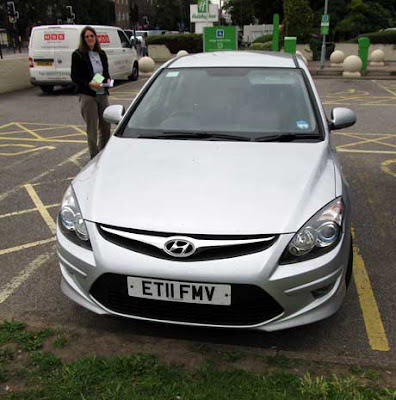 |
| The church where Bill, Alec's son in law, serves as vicar. |
Sydney Newman created Doctor Who. Paul Mendelson created May to
December. But in both cases, the person
who got the shows up and running, and who crafted the overall look and feel of
both shows, was Verity Lambert. With
Doctor Who, she had to work to create something out of nothing, as no one had a
firm concept of what the Doctor should look like, or how he should interact
with his companions. As no
one had a spare Tardis handy, she had to create that too.
With May to December, less inventiveness was
necessary, as Paul
Mendelson drew much of the show from his own life. He set it in the village of Pinner, where he
lived. He used the name of his eldest
daughter, Zoe, for the female lead. As
he had worked in a Family Law office, he made Alec a lawyer. And as he had given up the legal practice
after an especially traumatic case, Zoe meets Alec when she starts divorce proceedings. But it wasn’t enough for Mendelson to bring together
two people whose lives had been shattered, one by a spouse’s unfaithfulness,
and the other by death. In the desire to
separate them further, and thus give each more difference to overcome, he also
chose to separate Alec and Zoe by twenty-seven years.
 |
| A house they visit, when Alec & Zoe start house-hunting. |
People often mention the generation gap when discussing May
to December, but what makes the show special for me is its characters. Verity Lambert hired actors who fleshed out
their parts and developed chemistry onscreen.
The characters are well constructed, and exhibit vibrant personalities. They believe in true love, responsibility and commitment to others, and overcoming interpersonal
differences. This is especially true of
the two main characters. Because Zoe was
committed to her husband throughout their eight years of marriage, we can
understand how she might turn to a fellow schoolteacher for solace, even if she
doesn’t see him as a long-term partner.
Because Alec loved his wife for thirty years, and cared for her during
her final years of illness, we can understand how he might ignore the age gap
when he realizes that Zoe shares his interests, and that he connects with her
like no one else. Due to Verity
Lambert’s choice of actors, and Mendelson’s character construction, we are
willing to journey along with Alec and Zoe while they fumble their way through
a romance involving premarital sex, and spend a few years cautiously living
together, before each is ready to make that big commitment to the other.
 |
| The house Alec & Zoe ultimately decide to live in. |
Great Fiction draws us into others’ lives, and helps us to
understand how we are all broken and imperfect creatures. It helps us push past beliefs we regard as
absolute, and understand how, in individual instances, it might be necessary to
diverge from the normal path. It allows
us to acknowledge that, while a particular life choice might be wrong for us,
that perhaps it is acceptable for them.
Thus, it allows us to trust and accept others for who they are, which
can help us resolve the differences that often separate us.
In our short time in Pinner, I found the law office where
Alec worked, the church where his son-in-law served as vicar, and the house
where he and Zoe lived. Someday, I’d
love to return, and walk the busy street where Zoe’s parents sold their produce. I’d love to see Alec’s old house, Zoe’s
apartment, the school where she and Roy worked, and the parks featured in the
episodes.
 |
| "Wait, Zoe! I want to see little baby Fleur!" |
For six seasons, May to December filled our TV screens and our hearts. Its popularity, and the truths it
communicated, helped establish Paul Mendelson as a writer, and Cinema Verity as a production company. If
you’re not familiar with May to December, I urge you to follow the link below,
and watch the first episode on Youtube. If
you do so, I think you’ll understand why this show lives on in the hearts of fans worldwide. If you own a region-free DVD player, you can even buy Seasons 1 &
2, which have been released in Region 2.
For a genuine love for others, and a real concern for people, can
overcome social conventions, contrasting beliefs and values, and all other boundaries, with the possible exception of Google Maps directions
and poorly marked English roads. To help
overcome the latter, you need a kind and helpful local, and perhaps a good
GPS system as well.
Dragon Dave
Related Internet
Links









